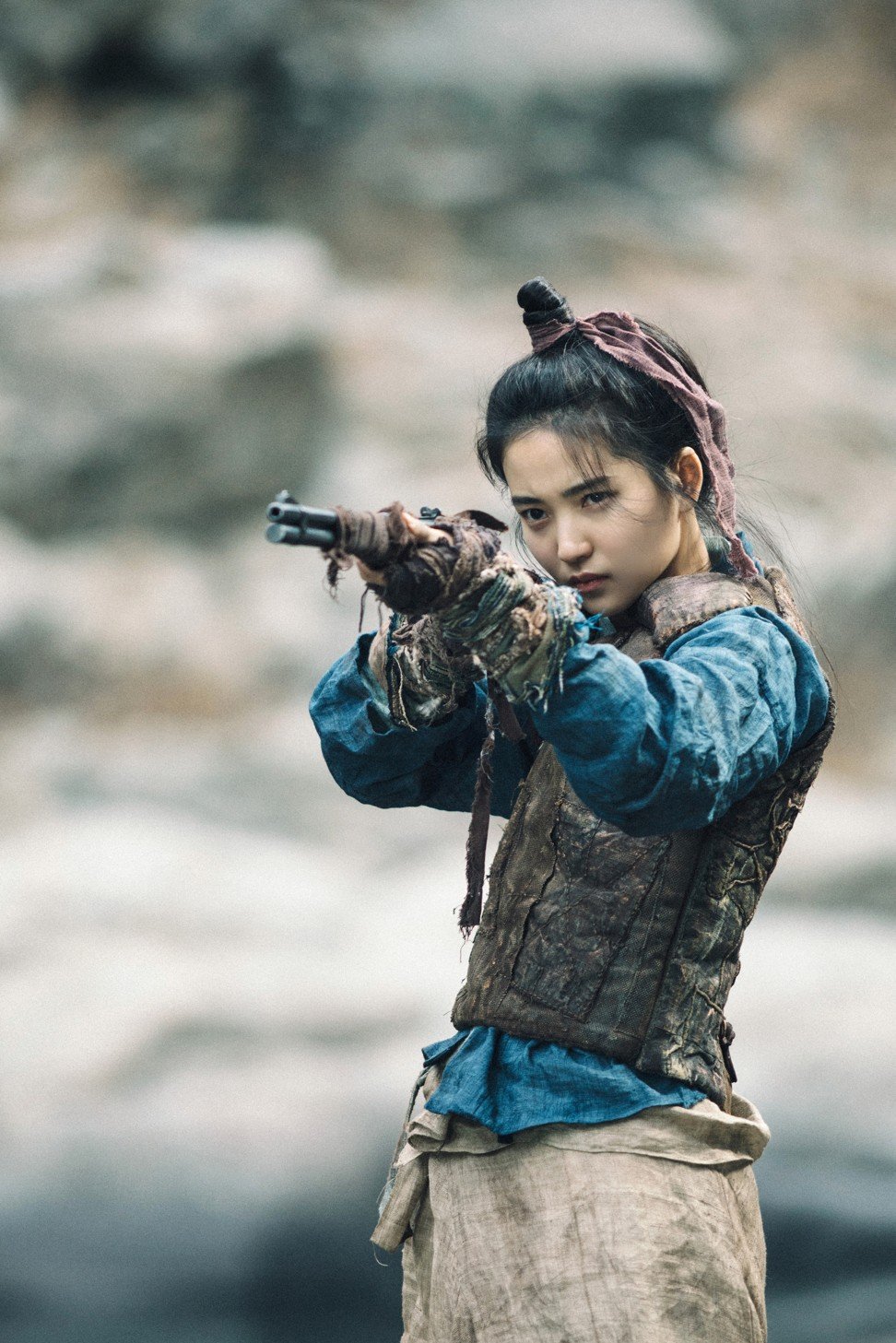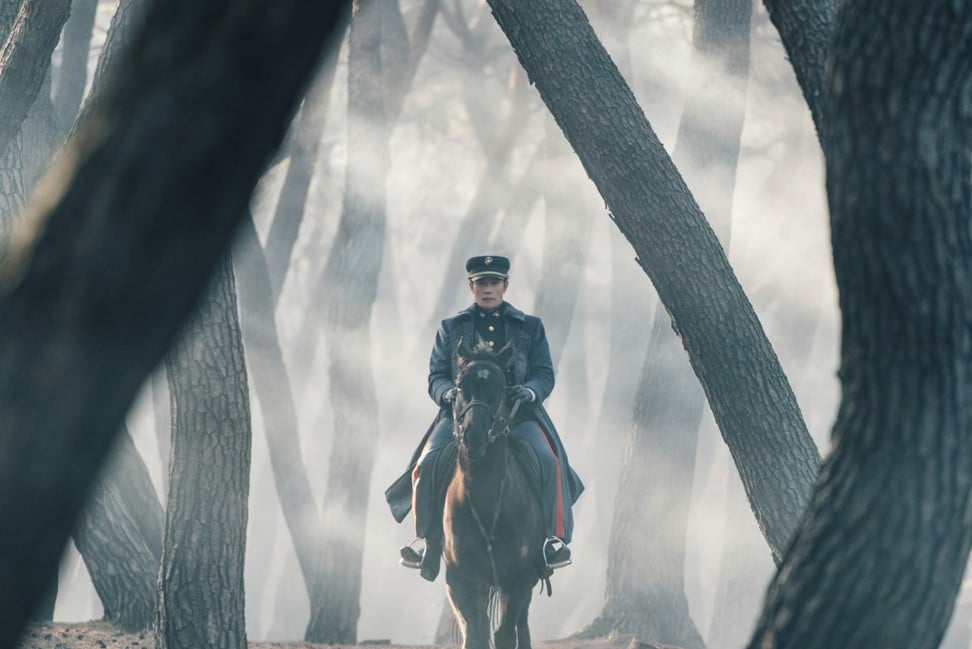‘Hollywood cinematography’ on Netflix’s ‘Mr. Sunshine’ makes South Korean TV drama a hit

Stunning cinematography has helped to make the blockbuster Netflix television romantic drama Mr. Sunshine, starring veteran actor Lee Byung-hun, a hit with audiences.
The series, which premiered on the online streaming entertainment service last Saturday, shows what a Korean television series can do with a budget of 40 billion won (US$36 million).
The first two episodes of the 24-part weekend drama impressed viewers with their scale and stunning cinematography, which gave viewers the impression they were watching a Hollywood wartime romantic drama.
Lavish computer graphics have been used for the graphic battle scenes where many nameless civilian soldiers fought for their kingdom, Joseon, under the pressure of foreign powers, to depict the most tumultuous time in history when “yesterday seemed distant, today seems strange and tomorrow, fearful”.
The programme is the first epic blockbuster written by star screenwriter Kim Eun-sook, whose successes include pan-Asian smash-hit television dramas Descendants of the Sun and Guardian: The Lonely and Great God.
The first two episodes focused on telling the backstories of the leading characters in the fast-evolving Late-Joseon period, where slaves were freed and foreigners and Western culture were introduced before Japan annexed the Korean Peninsula.
Reflecting viewers’ high expectations for the drama, the first two episodes received 8.9 per cent and 9.7 per cent viewership ratings, which surpassed the ratings of Guardian’s initial two episodes, which saw its first episode gain a rating of 6.3 per cent.
The drama, which features Lee and rising star Kim Tae-ri, is set in Korea in the late 1800s and early 1900s.
It tells the story of the wartime romance between Korean-born American marine Eugene Choi – played by Lee – who says “Joseon has never taken me” because of his painful memories involving his family – and Kim’s character, Ko Ae-shin, the daughter of a noble family who becomes an assassin to fight the Japanese.
Mr. Sunshine was inspired by historical events concerning an American expedition to Korea in 1871, the first US military action on and around Ganghwa Island, which killed more than 200 Koreans.
It forced Regent Daewongun to strengthen his policy of isolation until Korea established a trade treaty with Japan after Japanese ships approached Ganghwa and threatened to fire on Seoul in 1876.
Korea's treaties with European countries and the US soon followed.
To tell the epic story, which has seldom been dealt with before in television dramas, the production team built a 20,000-square-metre (215,300-square-foot) outdoor set in Nonsan, South Chungcheon province, and another 6,600-square-metre indoor set in Daejeon, based on research of the period.
The series, which began shooting last September, uses the same team that produced the music, artwork and visual effects on Kim’s series, Guardian.
Staff involved in South Korean cinema productions, including the action film Assassination and the thriller The Handmaiden, also worked on the blockbuster television drama.
The use of star names in the leading roles, the highly experienced production team and the stunning cinematography help to explain where all the money has gone – on ensuring the series is a success.
The first episode was [perhaps] Kim Eun-sook [showing his] self-confidence as one of the most powerful and successful screenwriters of the past 15 years
The story may have started a little slowly, as the series sets up its premise and introduces so many characters all at once, but the first two episodes have raised expectations about the next 22 episodes.
Jung Duk-hyun, a culture critic, said the first two episodes showed the power and skill of Kim as a screenwriter.
“The first episode was [perhaps] Kim [ showing his] self-confidence as one of the most powerful and successful screenwriters of the past 15 years,” he said.
“[His] name can earn easy access to [big] investment, enabling him to cast A-list actors to entice viewers to sit in front of the small screen.”
Another culture critic, Kim Kyung-nam, said, “The attention will be on whether Kim, who has [previously] shown [ability] in portraying romance, can succeed in epic dramas as well.
“So many incidents unfolding that describe the confusion of the era might distract viewers’ attention, but it could [appear] fresh to Western audiences.”
Want more stories like this? Sign up here. Follow STYLE on Facebook, Instagram and Twitter
This article was originally written by Park Jin-hai for The Korea Times.

Healthy audiences wowed by epic scale of stunning visuals in opening two episodes of big-budget 24-part romantic drama starring actor Lee Byung-hun

